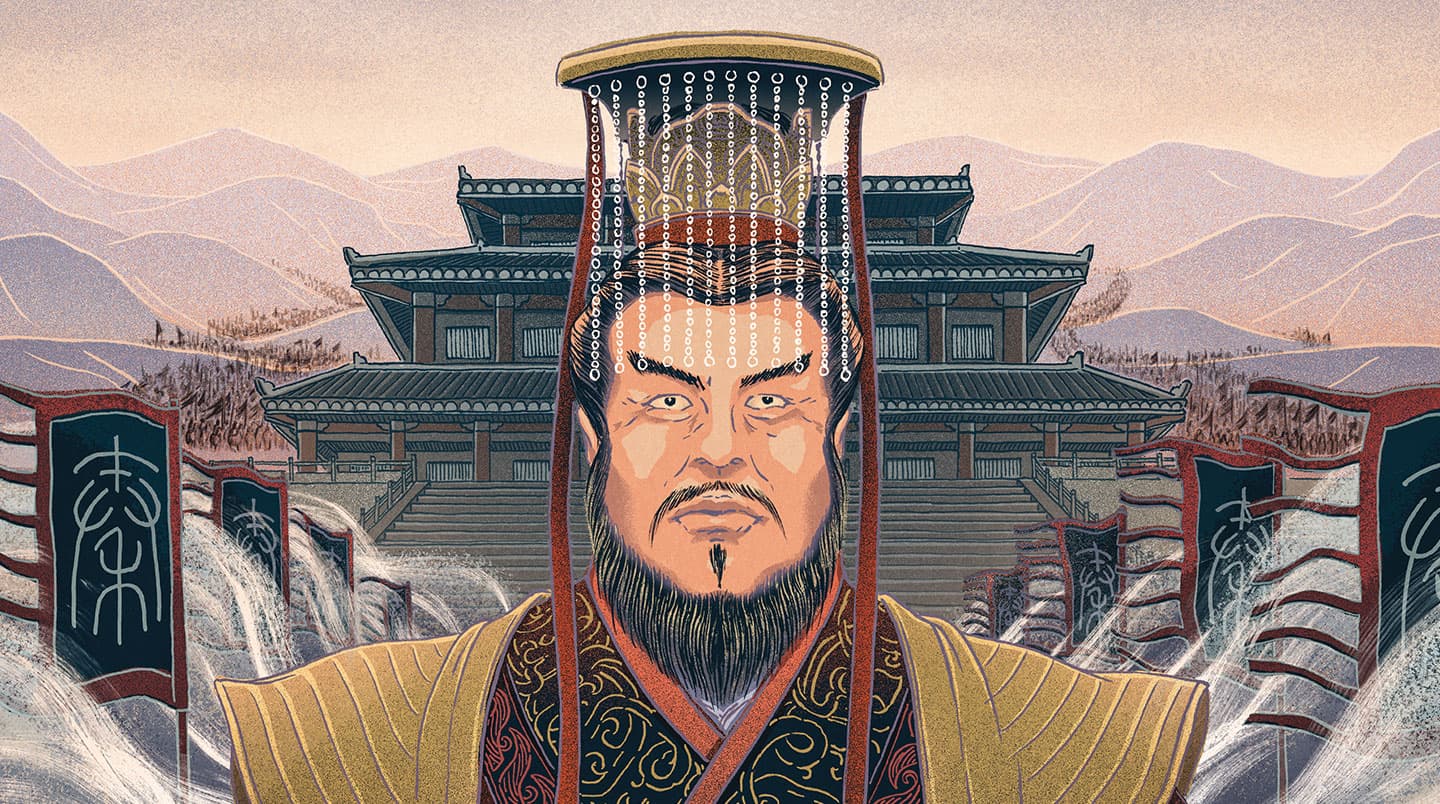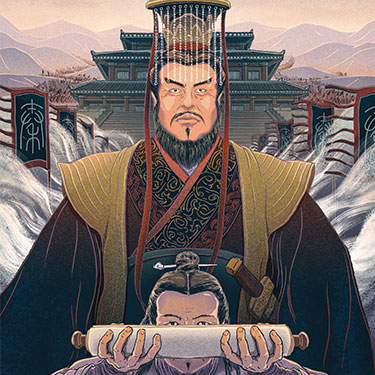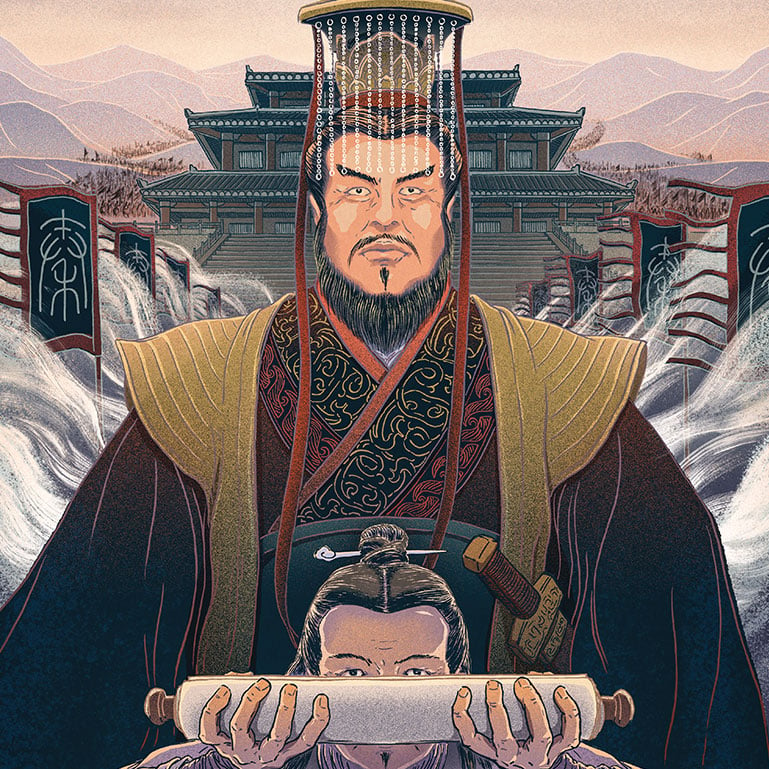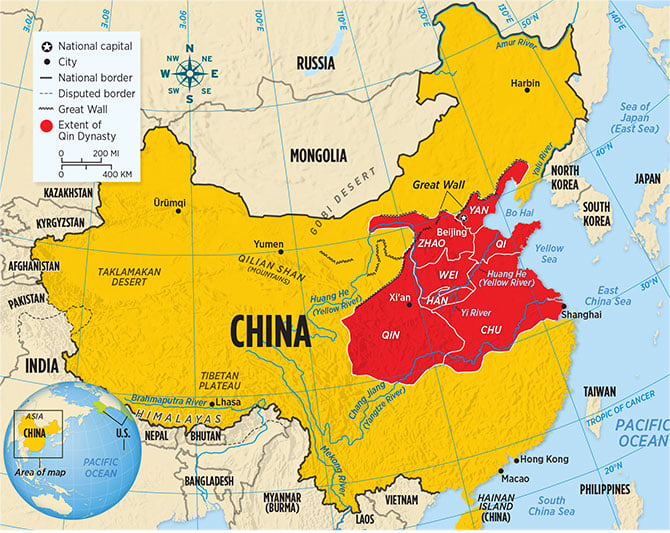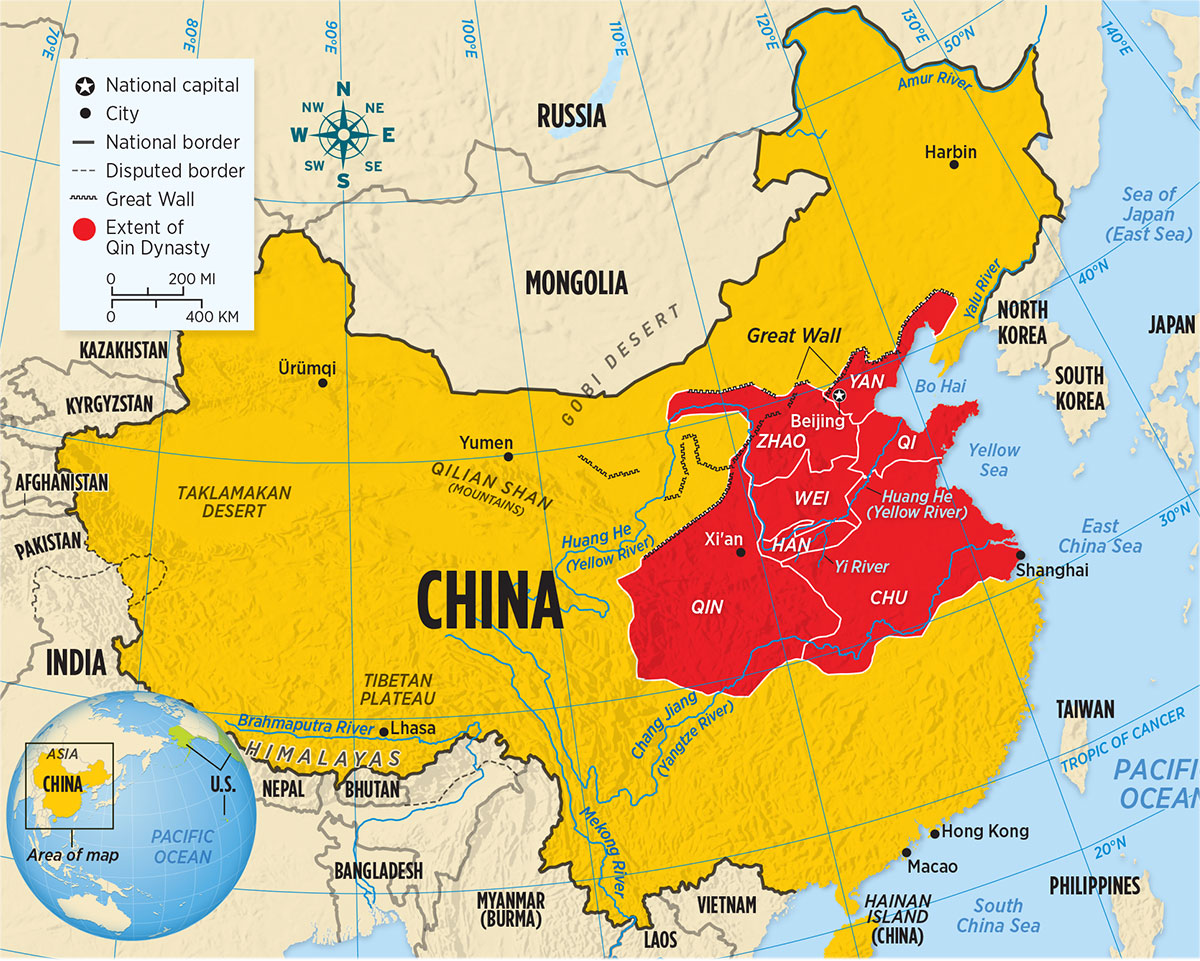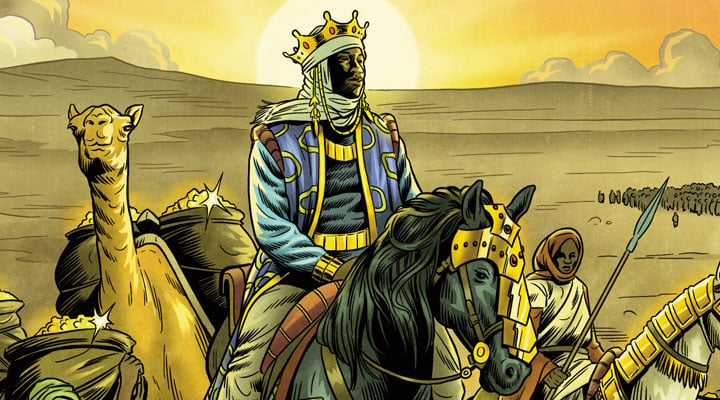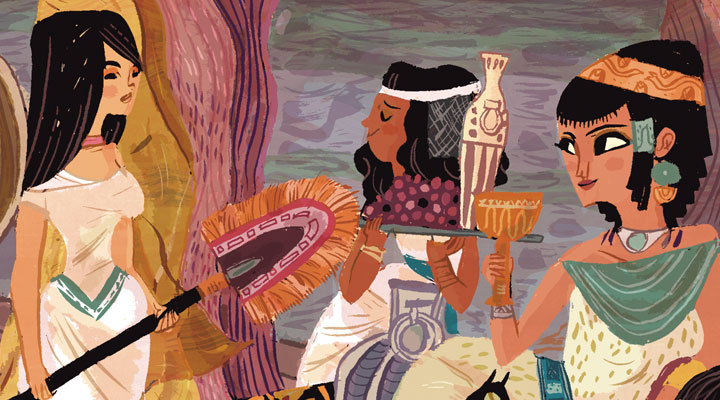Come, said the king’s assistant. His Majesty would see him now. At that moment, Jing Ke must have wondered whether he could really go through with it. After all, he had arrived with a terrible task—to kill the ruler. Jing knew the king wasn’t the only one who might die. With guards protecting the king, the scholar and swordsman had almost no chance of getting out alive. Was he prepared to die?
Yes, he told himself, he was. He had already come this far, and for this exact purpose.
Time must have slowed to a crawl for Jing as he was brought before King Zheng, the leader of the ancient
The year was 227 B.C. Jing had been sent as a messenger by Prince Dan of the state of Yan, nearly 500 miles away. At the time, King Zheng’s kingdom of Qin was preparing to conquer Yan. It was Jing’s job to stop that.
The king was naturally suspicious of the messenger. So Jing had come bearing two very special gifts to try to earn his trust.
The first gift was the severed head of Fan Wuji, one of King Zheng’s former generals, who had fled to Yan. The king considered him a traitor and was delighted to receive this present.
The second gift was a rolled-up map. It detailed a valuable piece of territory that Prince Dan was offering King Zheng in exchange for Yan’s independence. But this gift was a trick. Concealed inside the map was a third item: Jing’s secret weapon, a poisoned dagger.
Jing began to unroll the map—setting into motion a fight to the death between the two men. Their battle would become the source of an ancient legend, a moment of truth that led to the founding of present-day China.

